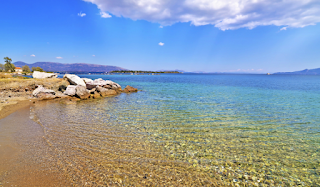Spoil Yourself Taste Caviar!
Caviar is derived from the Turkish or Arabic term "havyar," which refers to the pickled eggs of a rare Black Sea sturgeon. In the nineteenth century, sturgeon eggs were a popular delicacy. They were served for free at various occasions. European fishermen, for example, gave fish eggs to pigs or let the eggs deteriorate on the shore!
Sturgeon is one of the most endangered animals on the globe, with 18 species included on the International Union for Conservation of Nature's Red List of Endangered Species in 2010. This brings us to a fork in the path. On the one hand, they contribute to fish conservation and the decrease of overfishing. On the other hand, it has economic benefits, and its price is increasing.
The name "caviar" differs from the phrase "roe," which refers to all fish eggs, including salmon, trout, and flying fish. Caviar is a kind of roe, and the phrase "red caviar," which is frequently used to refer to salmon roe, is not a formal word. Because salmon and sturgeon are separate fish species, the exact definition is just salmon roe.
Beluga, Sterlet, Kaluga hybrid, American osetra, Ossetra, Siberian sturgeon, and Sevruga are the most common types of caviar. The Caspian Sea, which is bordered by Iran, Kazakhstan, Russia, Turkmenistan, and Azerbaijan, generates the rarest and most expensive beluga sturgeon.
Caviar is not only a delectable gastronomic experience, but the fish eggs also offer several health benefits. Eating caviar is beneficial to your brain and body in a variety of ways. Because of the health and nutrition benefits, you should buy caviar right now!
Image Source: https://www.flickr.com/photos/geishaboy500/4317534324




Σχόλια
Δημοσίευση σχολίου